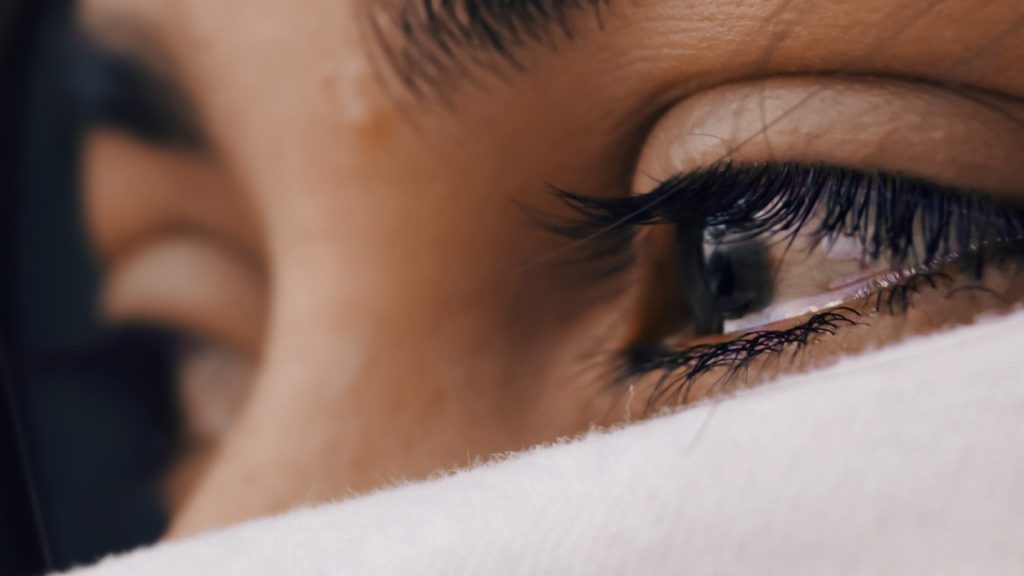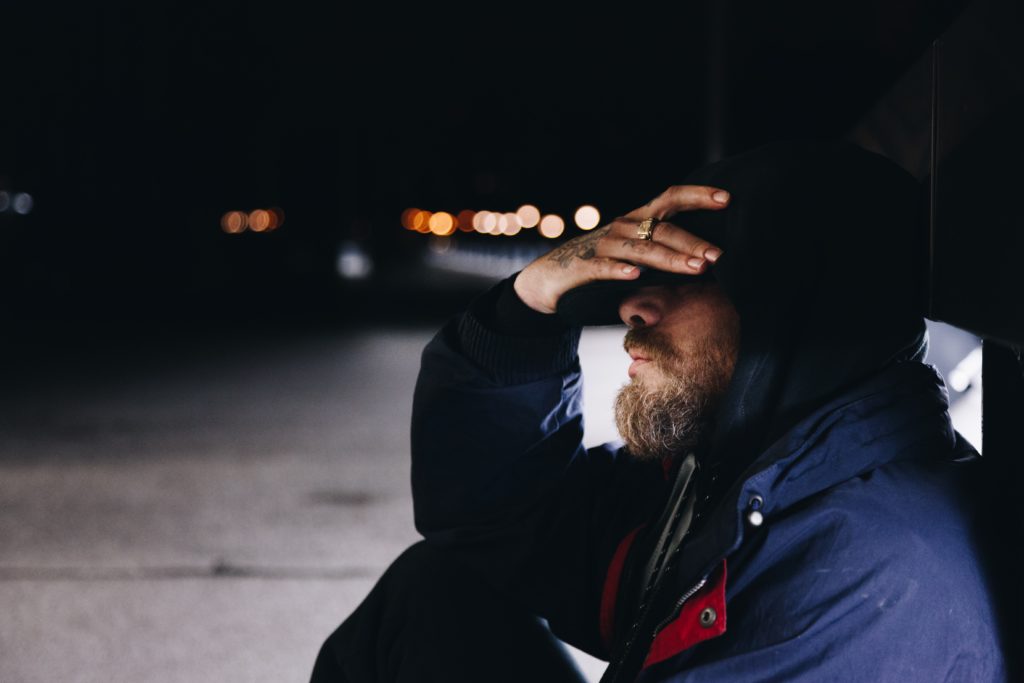
It’s another record-breaking year for Hamilton. The 2018-19 touring season for the musical just ended and the box office tally came to $1.6 billion with attendance at 18.5 million.
Since it’s first showing in 2015 Hamilton has continuously sold out at the box office. The musical won the Pulitzer Prize for drama and 11 Tony awards.
One of the reasons Hamilton has been so successful is because the creative re-telling of the American Revolution uses hiphop, rap and is casted with only people of color. In other words, the story of America’s freedom is turned on its head and re-told through the very freedom created by our forefathers.
Behind the creative force is Lin-Manuel Miranda whom was inspired to write the musical after reading Ron Chernow’s biography of the famous “Founding Father without a father,” Alexander Hamilton.
Retelling of history is a way of re-examining a story in a way that can be experienced differently. Like so many of the Founding Fathers, Hamilton is misunderstood and encased in the narrative of god-like greatness along with Washington, Jefferson, Franklin and the men whose monuments make the American pantheon.
But Miranda’s musical makes us look past the marble statues and the tales of glory. Instead, we experience their powerful life lessons but only after seeing their pain and imperfections because at the heart of Hamilton is that pain can be a powerful tool of freedom.
Our civic freedoms are at the heart of the republic—it’s our constitutional right, right? But the concept of our personal freedom is different. We want freedom from pain, freedom from disempowering beliefs, freedom from negative messaging we tell ourselves, yet we lack a personal constitution that tells us how to get that freedom. We live our lives enslaved to unproductive thinking about our personal history and ourselves.
Freedom comes with willingness to self-examine and that means re-examining our roles in our stories—especially those with painful narratives. Digging through your painful story can actually free you from the bondage of pain.
We at Productive Learning have mastered digging for our freedom. We re-visit our painful pasts in ways that, like Hamilton, can be re-casted, re-told and re-interpreted so you can be with your past (and present) without pain controlling your story and identity.

Most people tend to run from life’s pain because they think that’s how they find freedom from it. But pain manifests in a millions ways—avoidance, embarrassment, egotistical behavior… We let pain control us.
True freedom comes when we can feel the pain of the past without taking it as our identity. When it doesn’t overwhelm us is when we realize we’re not our trauma, our loss, our rejection. We’re not beholden to pain’s long-lasting effects. We are free beings capable of feeling pain without living in pain.
That’s one of the themes of Alexander Hamilton’s life. Hamilton was a bastard, “son of a whore,” and an orphan. In four years, his father left, his mother died, his extended family died and he lost his inheritance. By the time he arrived in Boston, he was a scrappy teen with life-long emotional wounds.
Those wounds never left Hamilton. He was embarrassed about his history. He was hot tempered and prone to make enemies. The fatal duel with Aaron Burr was merely a reflection of his combative tendencies.
By re-telling Hamilton’s story we’re reminded that pain rules when it’s left to roam wildly. Even a genius like Hamilton struggled for freedom from his pain. Freedom is between your ears and not in your bank account, home equity, cars, titles or who you call a friend.
So what if we re-examined the way we talk about our pain as a way to find our freedom, our glory? What if we re-examined our story? What if by revisiting pain with a different lens we found our freedom?
Productive Learning trainers guide clients on their pain journey through experiential workshops that are safe environments for summoning fear, pain and anxiety. Those who allow themselves to sift through the cast of characters, talk through the details of what happened and sit with the flotsam of wounds find freedom.

When you summon yourself as a witness to pain you’re empowered. That’s when the shift happens: you form new beliefs that serve you and let go of those that hold you back.
When trauma happens we’re in survival mode and that prevents us from feeling the depths of injury. It’s always much harder afterward, once we pick through the ashes, that we have hindsight and pain comes full force. If we’re unaware we lock ourselves into a prison of re-living our traumas and wounds to no end.
If you really want freedom from unworthiness, rejection, traumas you have to be with your pain and you have to re-tell the story with empowerment. Why not do it in a safe space and regain your freedom?
Freedom from pain doesn’t mean you’ll never feel pain again. It means that pain no longer overwhelms you when it comes up. It means that you become bigger than your traumas and fears. Freedom is something we all want but to set ourselves up for breakthroughs, we have to put in the time and commitment.
Those things that have made us successful in our careers—our determination, fortitude, tenacity, hard work—haven’t given us the freedom we crave in our personal lives. Let’s borrow from the creative genius of Hamilton and re-cast our personal history. Let’s free the villains, the heroes, the damsels in distress, the slaves and the masters because in essence, we are freeing ourselves.
We hold the truth of freedom to be self-evident: that all our feelings are created equal. As part of our series of writing letters to our emotions, this month we write to our freedom:
Dear Freedom,
Please forgive me. I never realized how I’ve set limitations on you. All this time, I believed you came by way of conditions: a steady paycheck, the right partner, a nice home. It turns out that you’ve been patiently waiting for me, watching me stumble about looking for you. You were there all along shouting, “over here!” and I refused to listen.
For a long time, I wanted the pain from the wounds, from memories, from the past to disappear. I did everything possible to make it stop because I thought that was freedom.
I now see that true freedom isn’t about making pain disappear but rather recasting pain in a new light. Pain can help me find the lessons, it can help me release thoughts that don’t serve me and it can help me master my emotions more effectively.
Once I practiced this you stepped in. What’s astounding is that you were so very close all along! All I had to do was sit with the pain and then you showed up like a lark breaking through dawn.
I’m less afraid of pain now because you always show up on time. Old behaviors and thoughts may arise but I’m willing to be aware of them and love myself through it.
I get it now: freedom means exercising the liberty toward self-mastery with a consciousness of awareness.
This awareness gives me the first glances of true freedom. Thank you.
Love
Me
